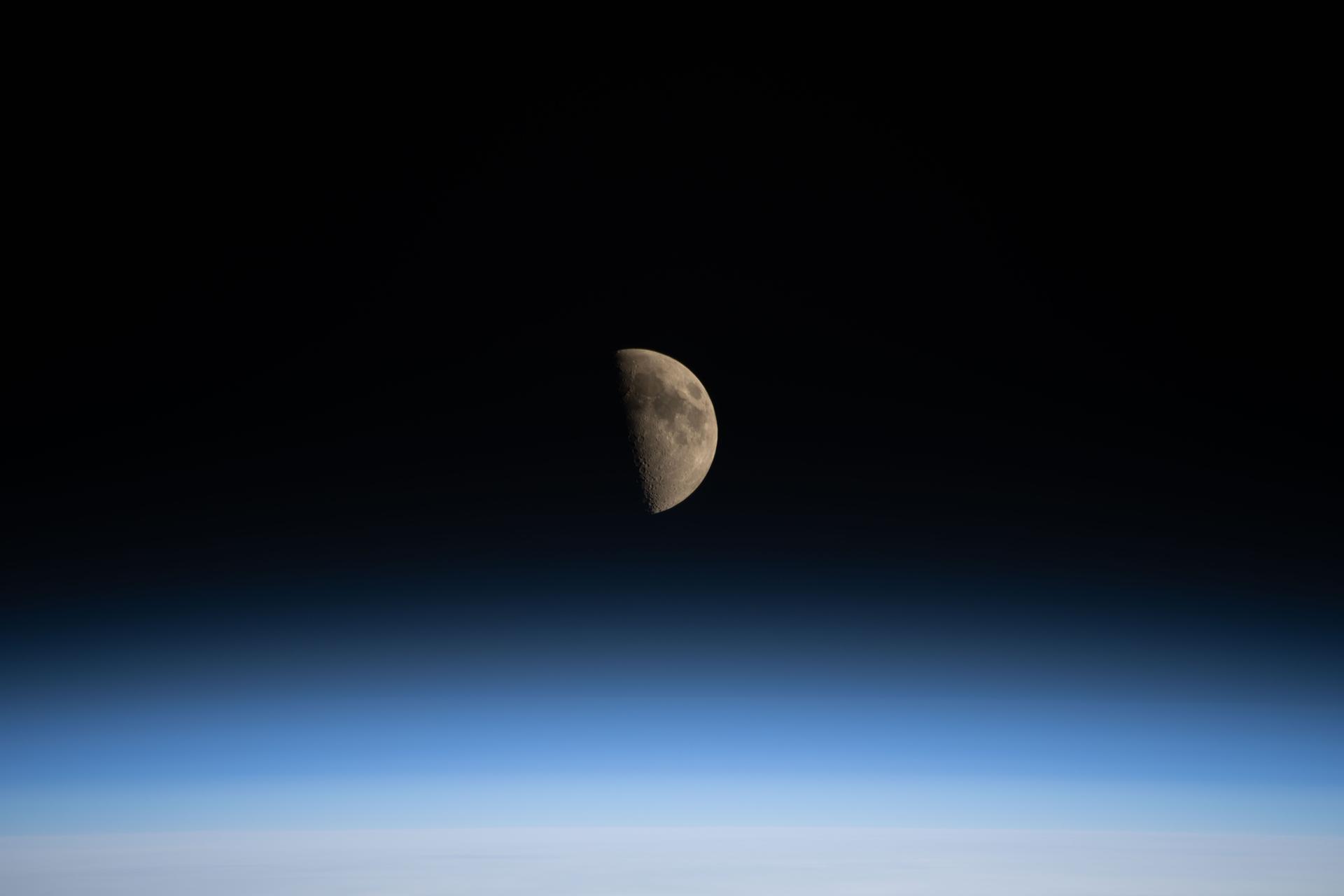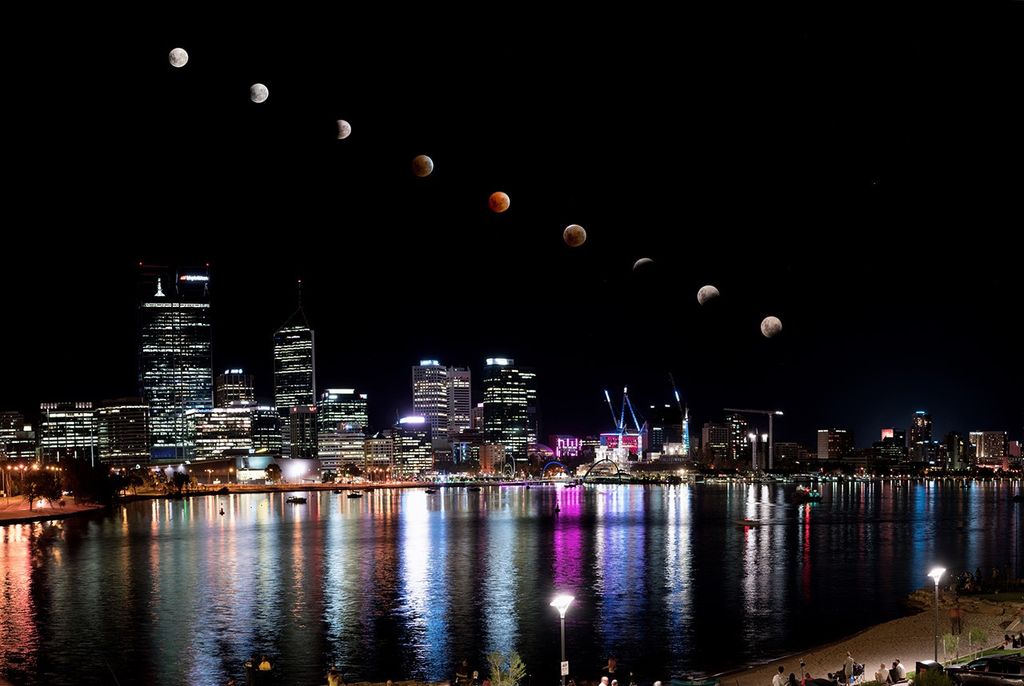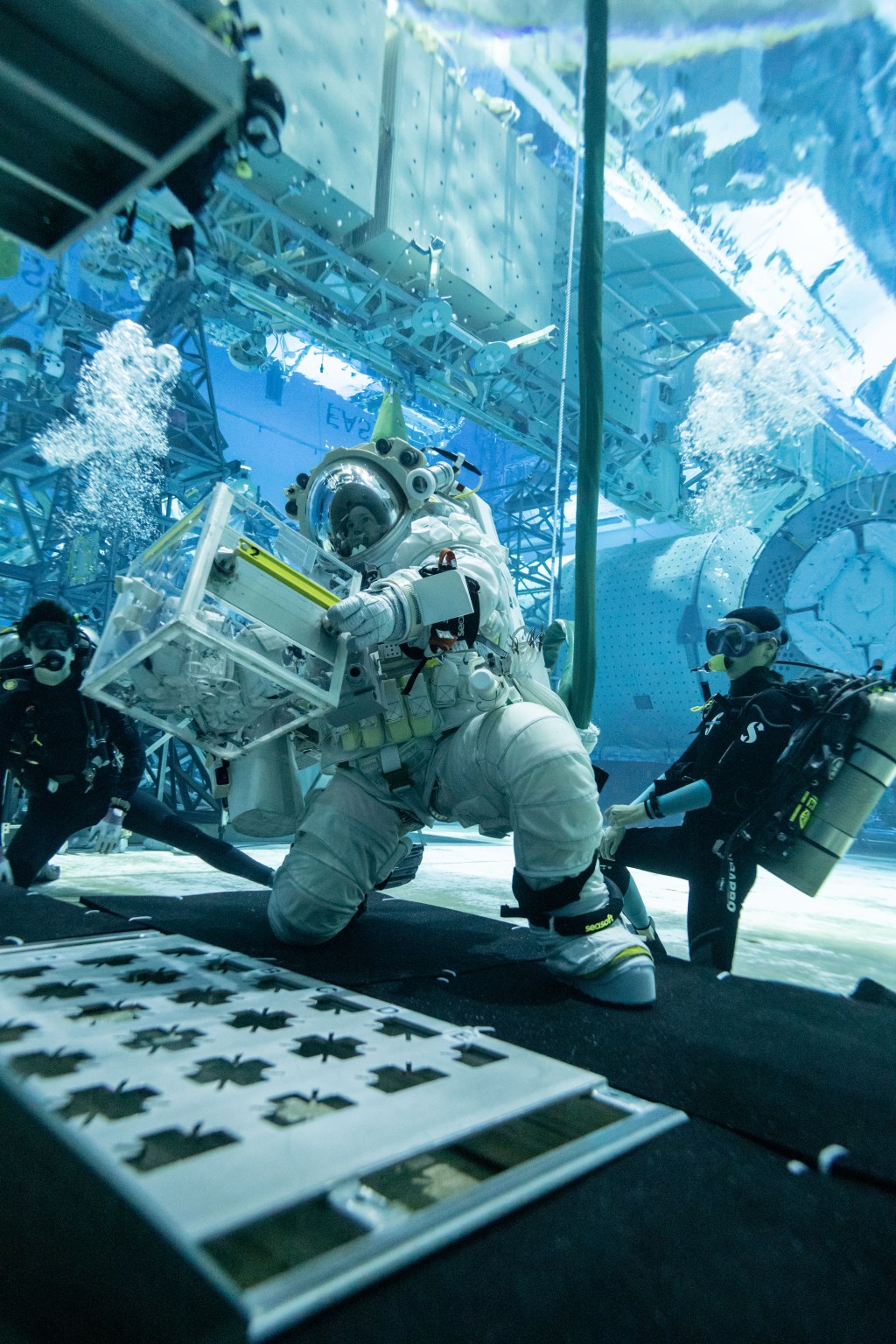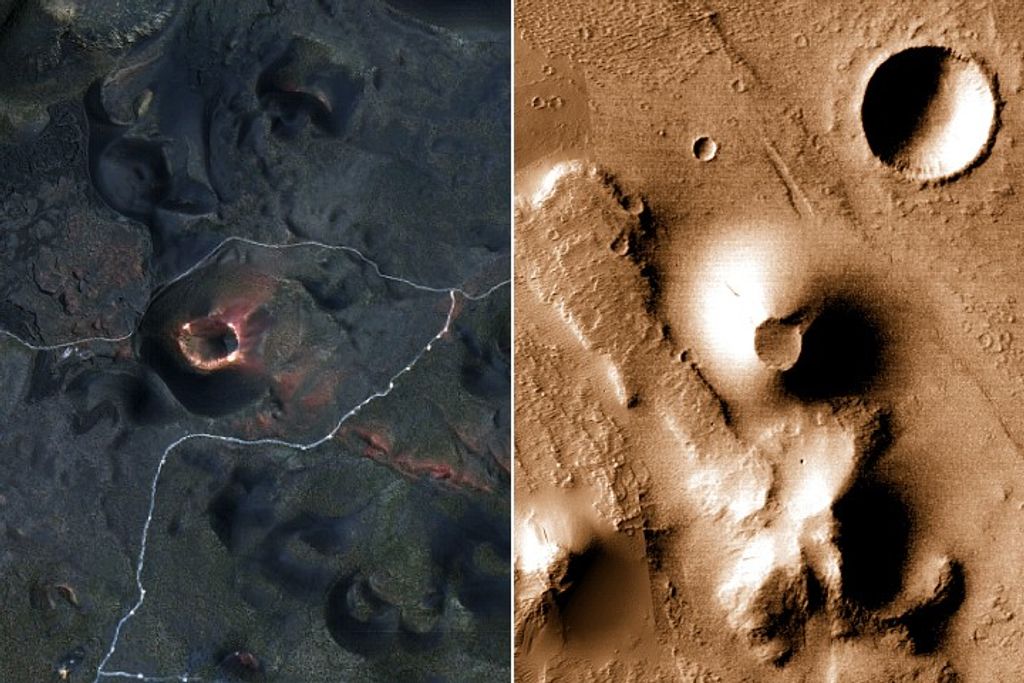Latest NASA Science News
Stay up-to-date with the latest news from NASA Science as we explore the universe, solar system, sun and our home planet Earth.
Filters
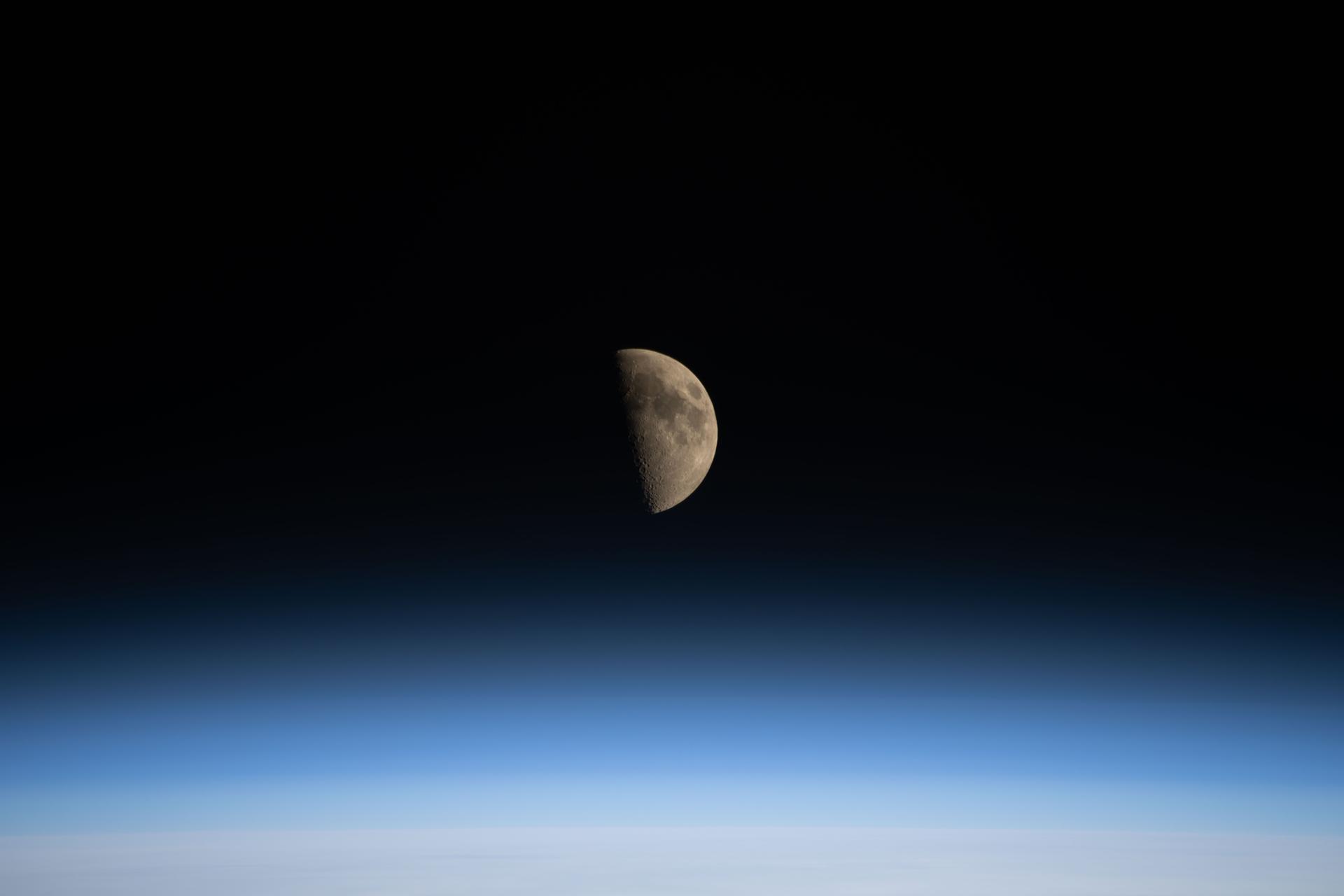
Read this story in English here. A fin de lograr el objetivo nacional de llevar astronautas estadounidenses a la superficie de la Luna y mantener la superioridad de Estados Unidos en exploración y descubrimientos, la NASA anunció el 27 de febrero…

Lee esta historia en español aquí. To achieve the national goal of landing American astronauts on the surface of the Moon and maintaining U.S. superiority in exploration and discovery, NASA announced Feb. 27 it is increasing its cadence of missions under…
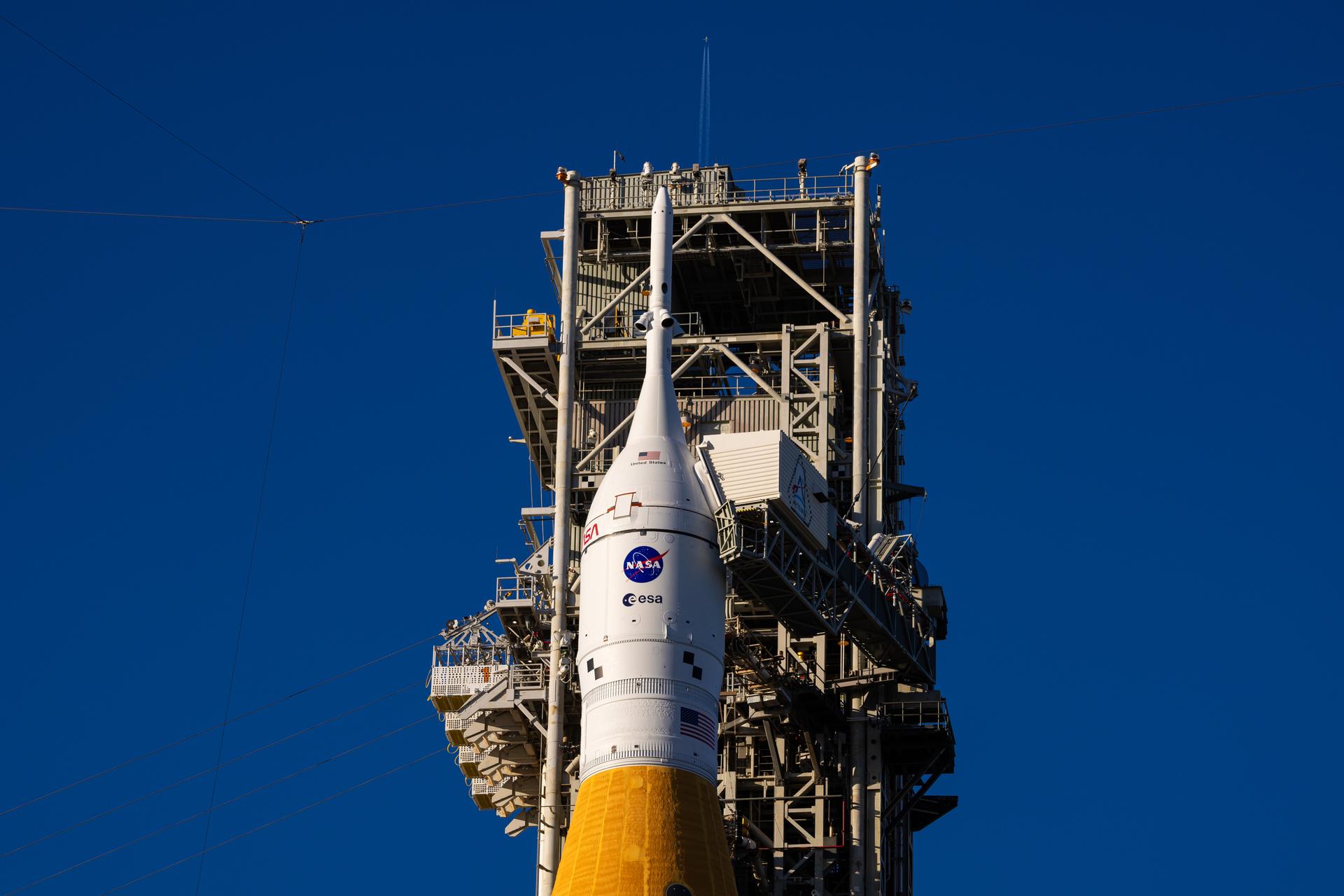
The food flying aboard Artemis II is designed to support crew health and performance during the mission around the Moon. With no resupply, refrigeration, or late-load capability, all meals must be carefully selected to remain safe, shelf-stable, and easy to…
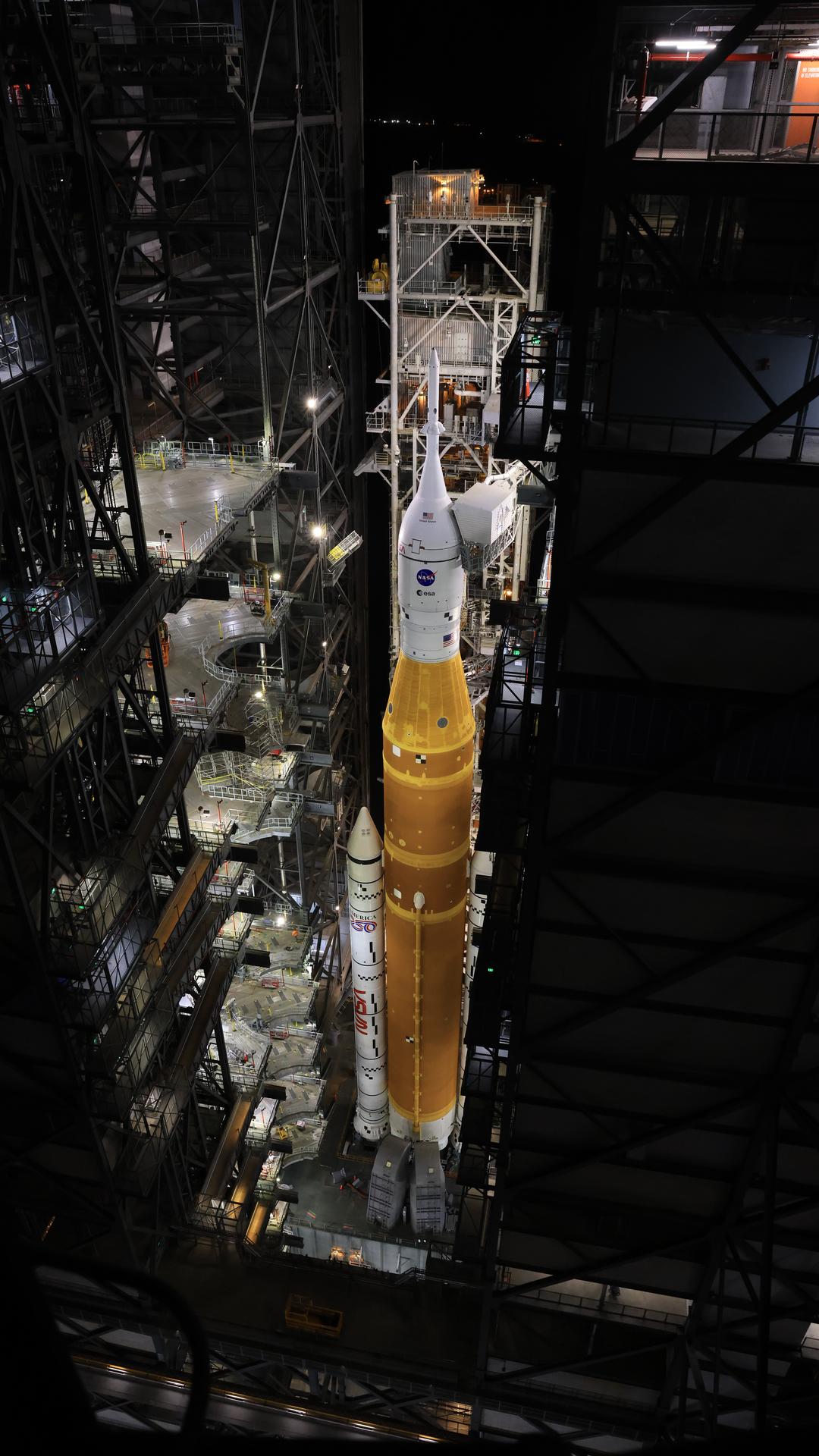
With NASA’s Artemis II SLS (Space Launch System) rocket and Orion spacecraft in the Vehicle Assembly Building at the agency’s Kennedy Space Center in Florida, technicians have accessed the launch vehicle stage adapter to inspect components that prevented helium from…
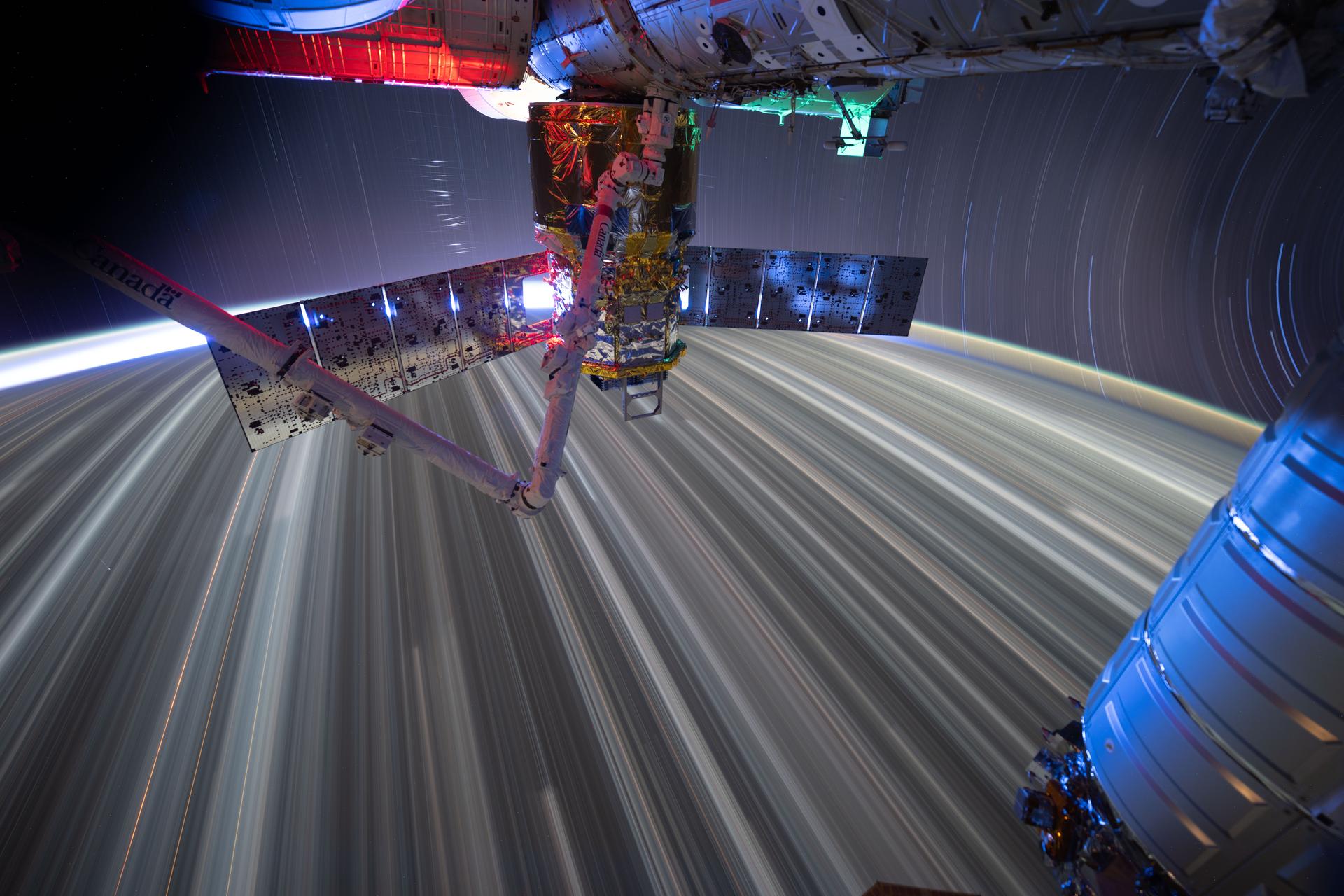
Mission managers have given the go for a Japanese cargo spacecraft to depart the International Space Station at the end of the week. Meanwhile, the Expedition 74 crew is reviewing upcoming spacewalk procedures, packing a second cargo spacecraft for its…

This new NASA/ESA Hubble Space Telescope image features one of the most visually intricate remnants of a dying star: the Cat’s Eye Nebula, also known as NGC 6543. This extraordinary planetary nebula lies in the constellation Draco and has captivated astronomers for decades with…

The National fire has burned tens of thousands of acres within the Florida preserve, fueled by vegetation dried by prolonged drought and killed by recent frost.
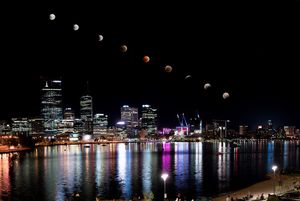
What are some skywatching highlights in March 2026? A total lunar eclipse blood moon takes centre stage, Venus and Saturn cozy up for a conjunction, and we celebrate the vernal equinox.

The Expedition 74 crew kicked off the work week readying a spacesuit and studying procedures for an upcoming spacewalk later this month. The International Space Station residents are also packing a Japanese cargo craft and preparing it for departure from…

About the PSI Users Group The Physical Sciences Informatics (PSI) Users Group is a recurring Webex forum that brings together researchers, open-science practitioners, and collaborators from across the physical sciences community. Designed to foster collaboration, knowledge-sharing, and data-driven discovery, each…

